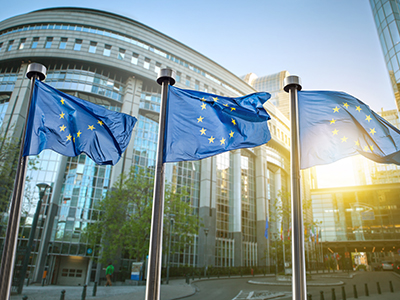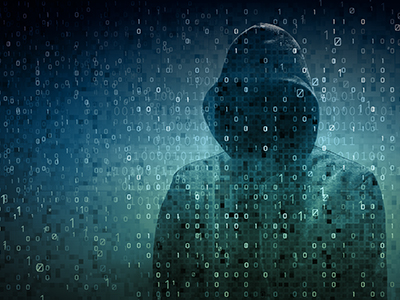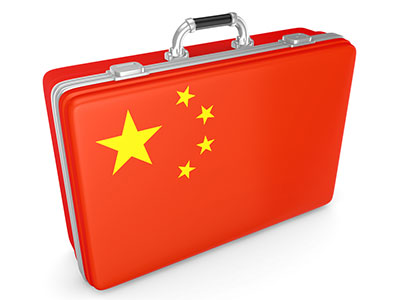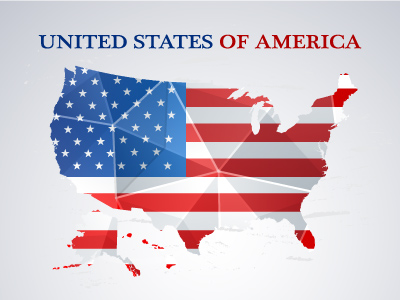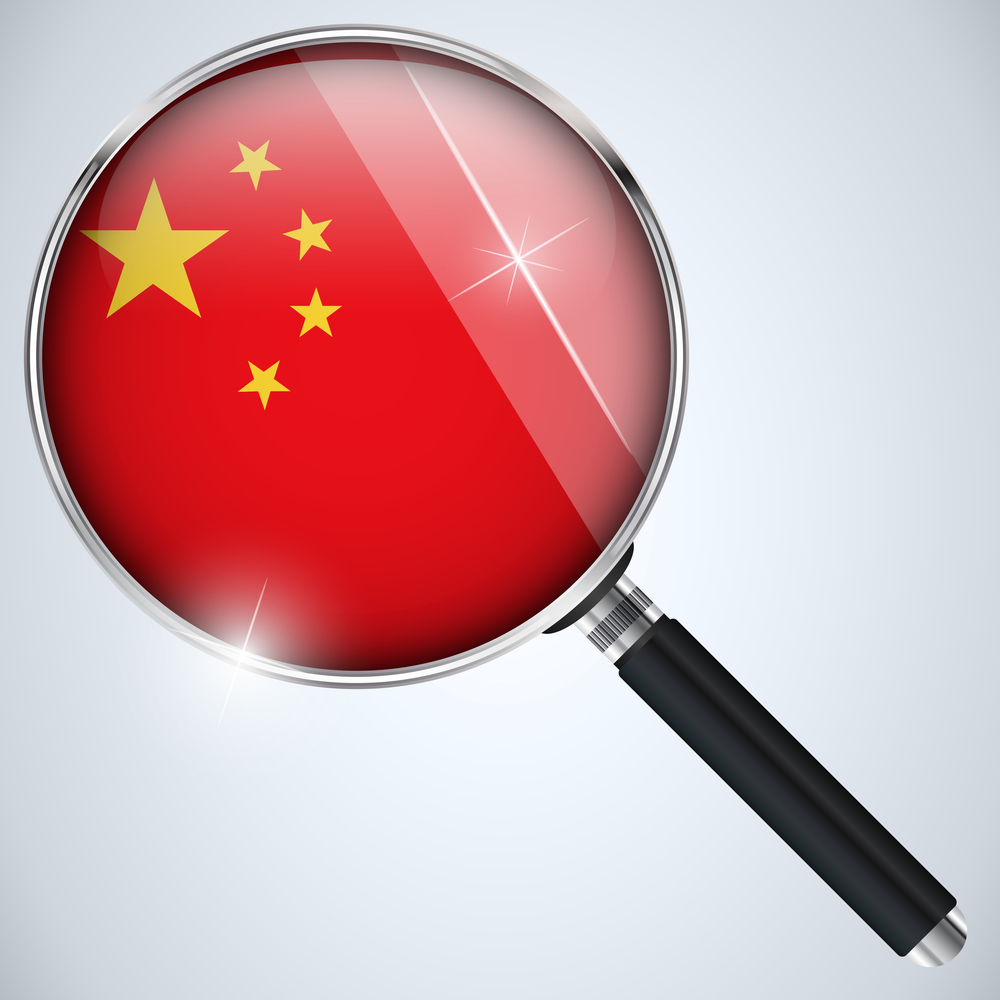In China, victims of trade secret misappropriation suffering losses over RMB 500,000 are entitled to file a civil action and may also report the case to public security authorities to initiate a criminal investigation. (For more of our coverage about trade secrets protection in China, click here). When both criminal and civil actions are pending, a Chinese criminal court tends to use the civil decision, if available, as the basis of proving the crime of trade secret misappropriation as long as the damages requirement is met. In Maige Kunci Co., Ltd. v. Suzhou Ruitai New Metal Co., Ltd. (regarded as one of the top 10 Chinese IP cases in 2014) READ MORE
A Voice from China: Unraveling the Different Standards for Civil and Criminal Misappropriation of Trade Secrets



